Cultural Horizons of India (Volume 5)
Synopsis
The fifth volume of the Cultural Horizons of India includes the writings of Prof. Lokesh Chandra on the philosophic, artistic, and poetic traditions of Southeast Asia. The Saiva version of the San Hyan Kamahayanikan (SHK) was cited in his edition of the Buddhist original by Kats. The excerpts gave a wrong perspective of both the Buddhist and Saiva versions in themselves, as well as their interrelationship. In this volume the complete text of the Saiva version enables us to see its transformation from a Buddhist text into a Saiva, after the first six folios. The five skandhas in a yogisvara lead to a mahapurusa who attains the Saiva sakala and niskala. The change over took place during the reign of King Sindok who came to the throne in 929. His religious, cultural and literary achievements are celebrated in his inscriptions by the epithets dharmottunga-vijaya and dharm-otsaha. The Saiva text of the SHK is a fascinating peep into these processes of transformation and into the religious evolution of Java in the tenth century. The text has been edited, translated and annotated. The Bhuvana-samksepa is a text of Saiva cosmology in old Javanese with Sanskrit stanzas. It corresponds to the agamas in India. Its details Indonesian concepts about creation, evolution, existence, dissolution, macrocosm (bhuvana) and microcosm (sarira), yoga, sunyata, moksa and ends with the five kinds of fire-offerings or homas. The original text, variant readings, translation into English, and notes are by Dr. Mrs. Sudarshana Devi Singhal. An illustrated palmleaf manuscript of the Smaradahana has been reproduced from the Prof. Raghu Vira Collection. The relevant stanzas from the poem, their English translation and notes on the symbolism of palmleaf art of Bali add to its comprehension. New line drawings by I Nyoman Sadra of Amlapura/Karangasem, Bali have been included to clarify the details. The Smaradahana poem was composed by poet Dharmaja as an act of homage to his patron King Kamesvara who ruled in the 12th century. It is a creative expression to celebrate both the ruler and the land ruled. The King Sprung from the penance of divine Ananga the unbodied joy and the rapture of the mountains and fountains, the skies and plains sparkling in the impulses of nature find an enchanted expression in the diction of poet Dharmaja. The complete kakavin/kavya in old Javanese, has been reproduced in romanisation with an English translation of Dutch rendering of Prof. Poerbatjaraka by Ms. E. Wiegers from Uitgest (Netherlands). Literature cited and indices make the volume highly accessible."
Read more
89.10
80.19
$
99.00 $
Free delivery Wolrdwidе in 10-18 days
Ships in 1-2 days from New Delhi
Membership for 1 Year $35.00
Get it now and save 10%
Get it now and save 10%
BECOME A MEMBER

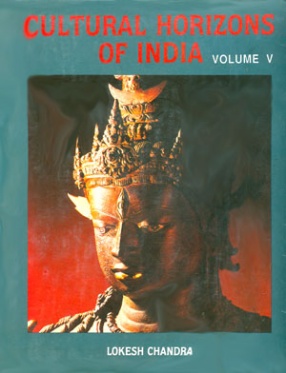
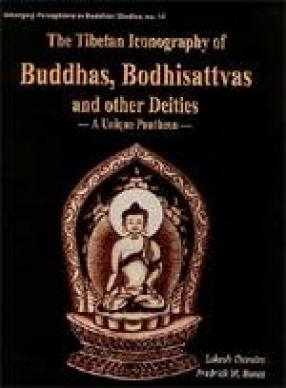
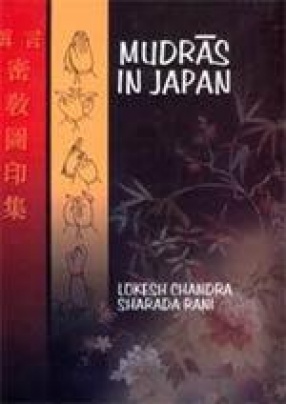
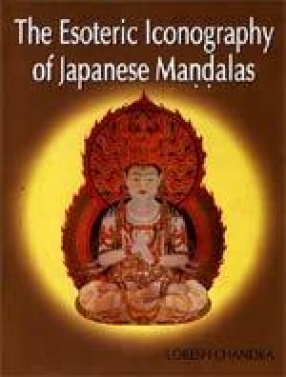


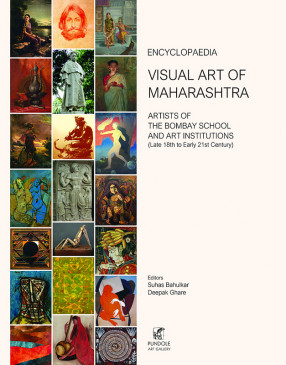
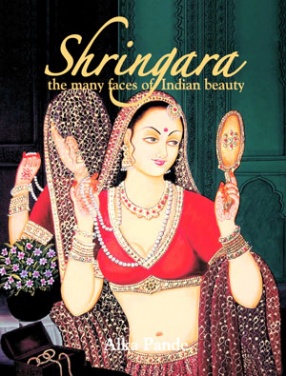
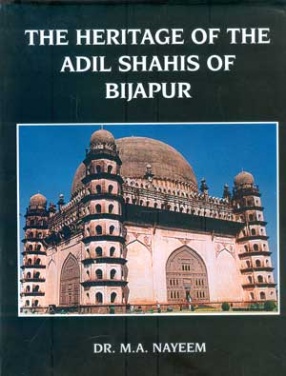

Bibliographic information